What Heat Can Do to Your Body

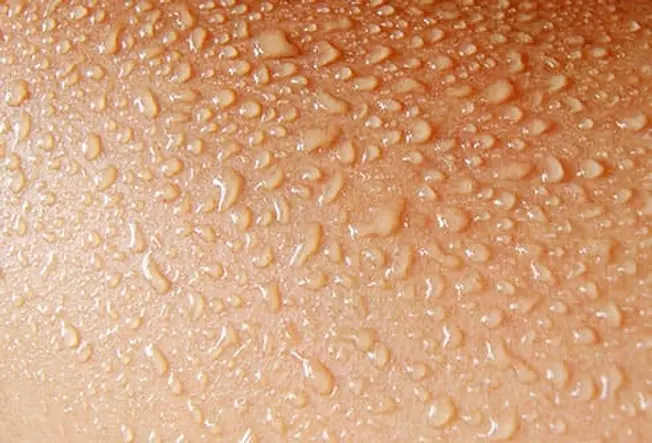
Sweating
It’s your natural cooling system. Your body pushes sweat out onto the surface of your skin. As the air absorbs it (evaporation), it draws heat away and cools you down. This works better in drier climates where humidity is low. You might get very tired and sometimes seriously ill if it doesn’t work quickly enough.
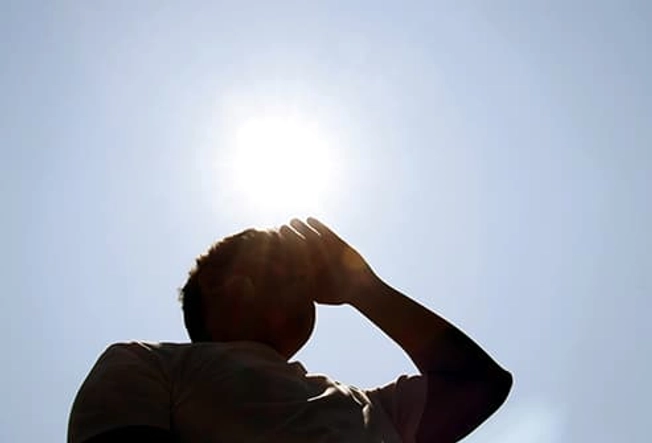
Heat Exhaustion
It happens in extreme heat when your body can’t get cool enough and sweats away too much water and salt. You get pale and clammy, and your temperature often goes over 100 degrees. You also may be tired, weak, lightheaded, and nauseated, and have a headache. Get to a cool shaded area, lie down, and drink something with salt and sugar. Sip water if that’s all you have. If you ignore it, it could lead to heatstroke, which is an emergency.
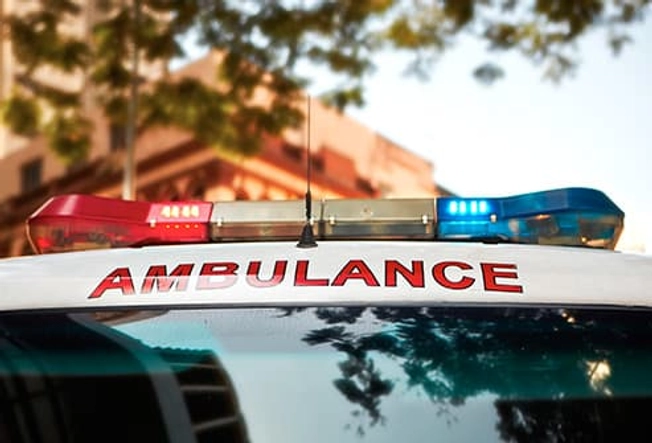
Heatstroke
This is heat at its most dangerous. You can’t control your body temperature, which can go above 104 degrees. Your skin gets warm and dry. You might get confused or agitated, and have a fast pulse, nausea, and a headache. Call 911 right away. Left untreated, it may cause seizures, coma, and can be life-threatening. Get to a cool area, sip something (if you can), and pack ice under your arms and between your legs.
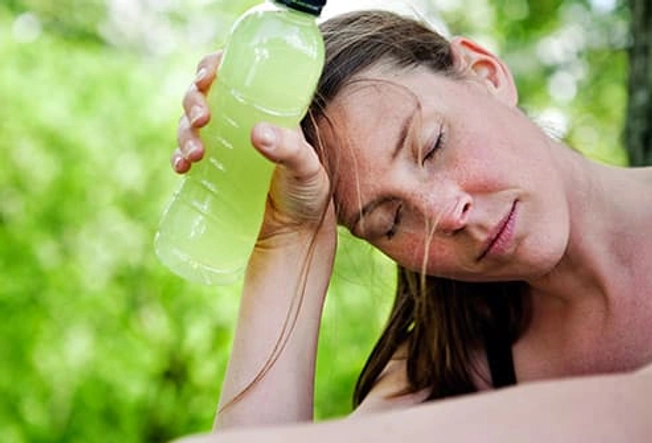
Dehydration
When it’s very hot, you can sweat away too much fluid, along with essential minerals like sodium and potassium. You may be thirsty and pee less than usual, and your mouth and tongue might feel dry. You could even feel dizzy, lightheaded, and confused. Head for a cool place and drink something balanced with salt and sugar (such as an oral rehydration solution). Serious cases need emergency care, including fluids you get through an IV.
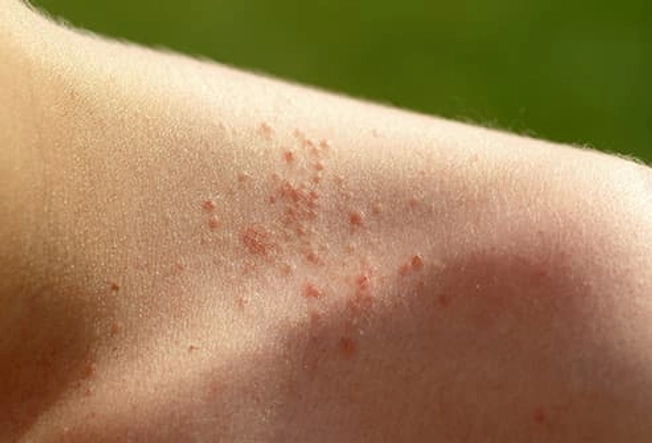
Heat Rash
It happens, often in hot humid weather, when you sweat so much that your sweat glands get blocked. When your pores can’t get rid of it, you break out in tiny red bumps. It’s more likely at your armpits, groin, neck, elbows, and under the breasts. Babies aso can have the same type of reaction, especially under their chin or in their groin area, You can help prevent it and treat it if you wear light, loose, absorbent clothing like cotton. Try to stay as cool and dry as possible.
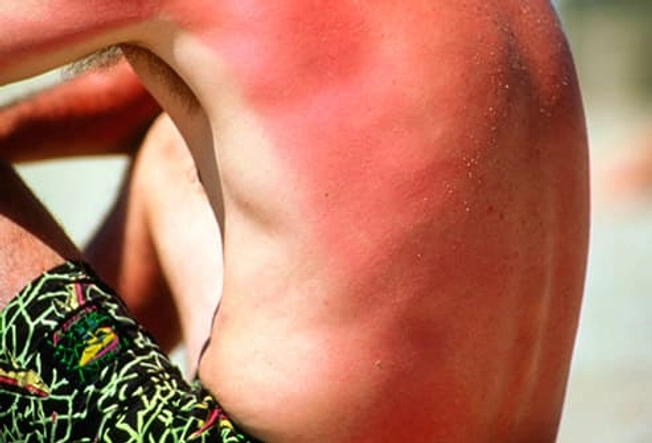
Sunburn
Bare skin burns if it’s in the sun too long. It may get reddish, itchy, painful, and warm to the touch. If serious, you could have blisters, headache, fever, and nausea. In the long run, sunburn increases the risk of developing skin cancer, Go inside as soon as possible. Drink plenty of water, and don’t pop any blisters. A cold, damp cloth and aloe vera lotions may help soothe the pain. Better yet, prevent sunburn with clothes, hats, and broad-spectrum sunscreen of at least 30 SPF.
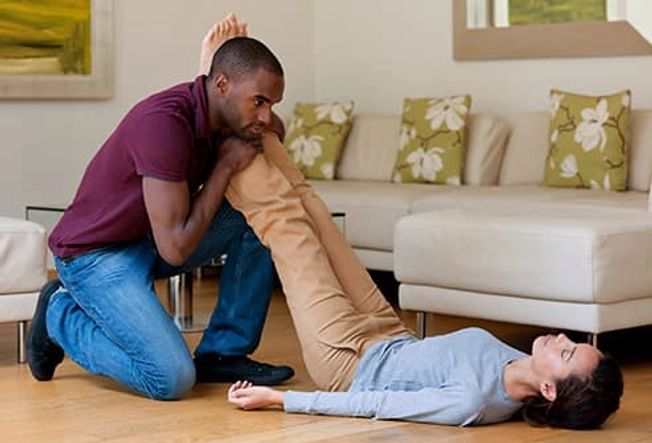
Fainting
It’s more likely when you’re new to a hot place, so take care to stay hydrated. Heat can dehydrate you and make it harder for your brain to get enough blood. That may make you dizzy and pass out. It might be worse if you stand for a long time or get up suddenly. Getting used to a hotter place can take up to 2 weeks. If you feel faint, lie down and raise your legs above your head. Go to a cool area and drink fluids as soon as possible.
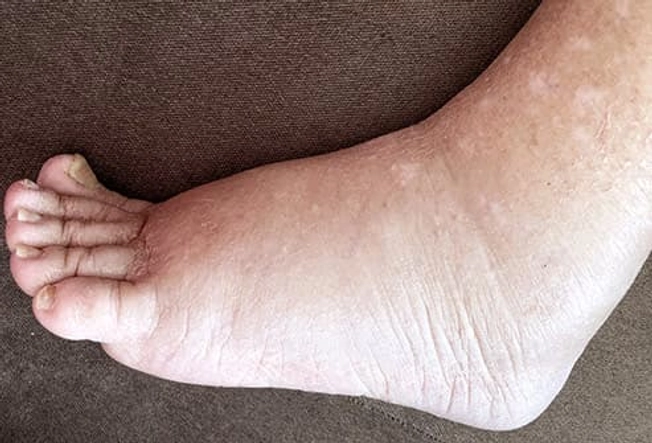
Heat Edema
Heat can cause your fingers, toes, or ankles to swell and make your skin feel tight. It's not serious and usually goes away when you cool down and elevate your legs. Talk to your doctor if it causes pain, keeps happening, or doesn't get better.
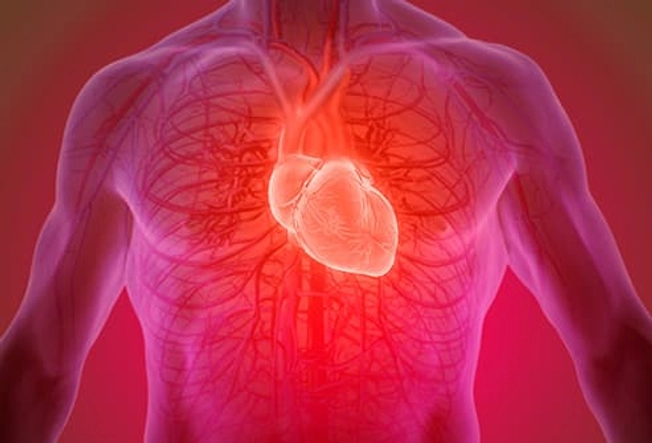
Higher Heart Rate
When you get hot, your heart may beat faster. It does that in order to pump more blood to your skin, where it can release some of that extra heat. As a result, other parts of your body may not get enough blood. This could make you tired and sluggish, especially if you’re trying to do hard physical or mental work.
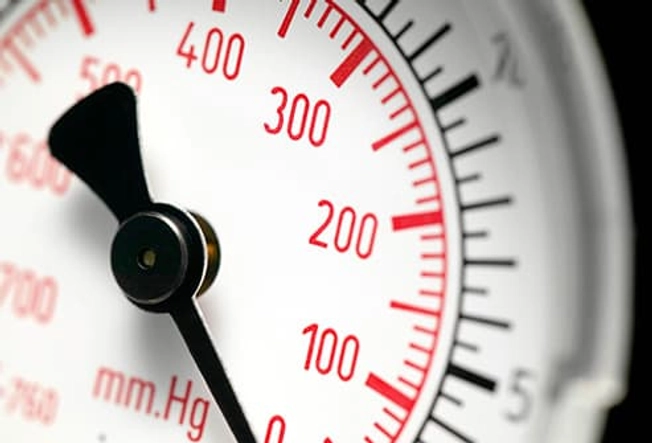
Lower Blood Pressure
When you’re hot, you sweat. That makes you lose fluids and electrolytes. In addition, heat makes your blood vessels dilate to increase sweating. Together, these things can drop your blood pressure, sometimes enough to make you dizzy or even pass out. It could be even worse if your heart doesn’t pump normally and isn’t able to adjust to the greater demand.
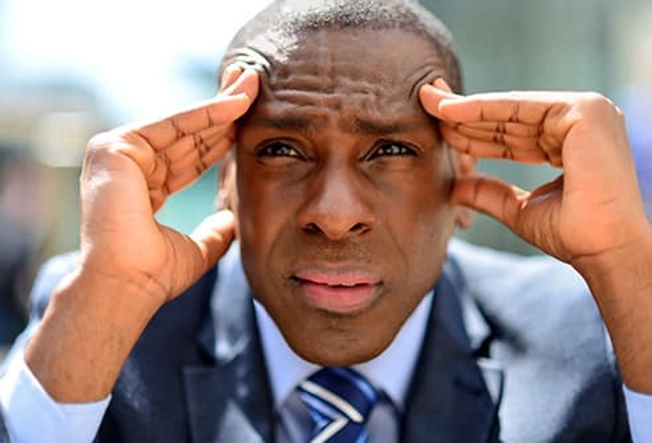
Confusion
You may find it harder to concentrate and do hard tasks as things heat up. It’s usually nothing to worry about, and you can fix it with a rest in a cool place and something to drink. But if you’re already sick from the heat and you become seriously confused about where you are or what you’re doing, it could be a sign of heatstroke, which needs immediate medical care.
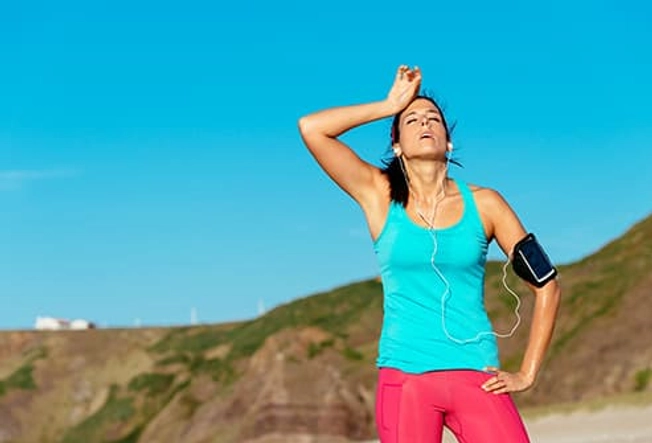
Should You Exercise in the Heat?
You might be fine exercising outside when it’s 85 degrees and the humidity is low. But if the humidity hits 80%, it’s like it’s really 97 degrees. (That’s the “effective temperature,” which you can check online.) Even if you’re healthy, that makes you more likely to get heat exhaustion. Wear loose clothing, drink plenty of water, and know the signs of heat-related illness. Or just take your workout indoors!
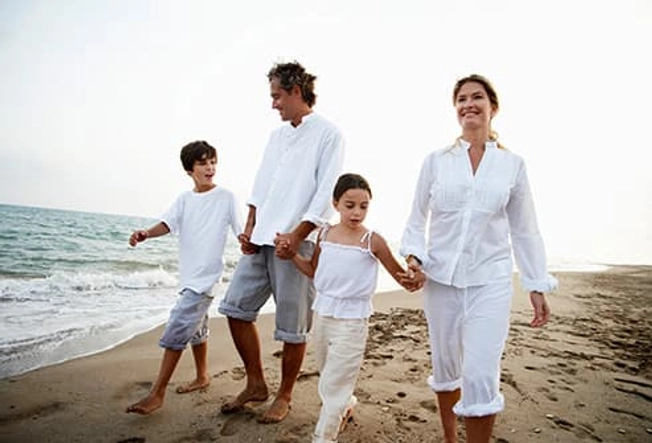
Precautions
When a heat wave hits:
- Drink lots of water, even if you’re not thirsty.
- Avoid caffeine and alcohol, which dehydrate you.
- Eat lighter meals, more often.
- Wear lightweight, light-colored clothing.
- Check on loved ones who live alone or don’t have air conditioning.
- Stay inside as much as possible and avoid outdoor chores.
- Never leave a child or pet alone in a car, even if it’s not that hot outside.
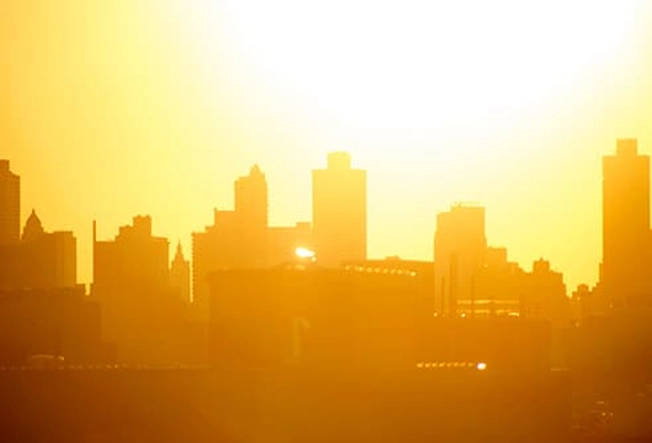
Extreme Heat
It can be life-threatening, and heat exhaustion and heatstroke aren't the only reasons. Heat can also trigger heart issues, and even worsen breathing problems, as it boosts air pollution. Your city or local health department may have online information about where to find public pools, air-conditioned spaces, medical assistance, and other help during a heat wave.